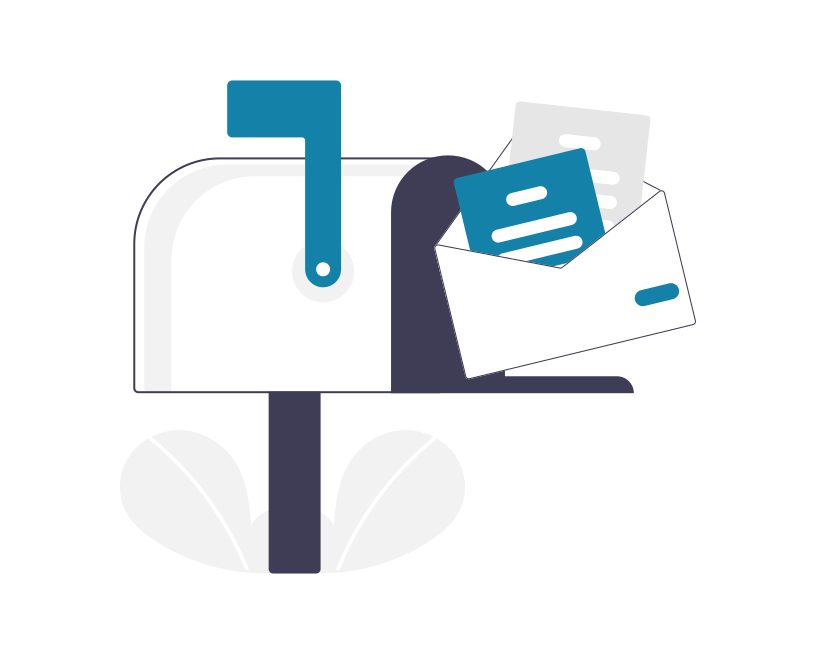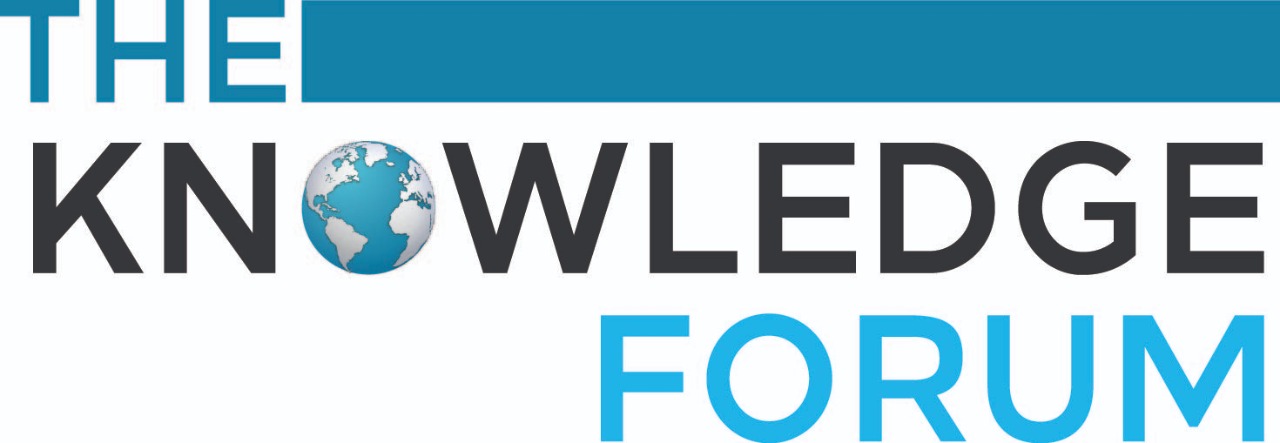Pakistan Bulletin
An up-to-date and informed analyses of key issues of Pakistan.
Financial Freedom, Healthier Futures: Revolutionizing Women's Healthcare in Pakistan
March 2024
Financial inclusion can be an impetus to bridge the healthcare divide in Pakistan.
The high social and economic dependence on men, especially in lower-income households, reduces female autonomy, restricting access to health resources.
Collaborative efforts among financial institutions and private healthcare providers can further bridge the gap between the financial and healthcare sectors, especially for middle-income households. For instance, bundling health insurance with savings accounts can offer a dual benefit of economic security and healthcare access, providing women a robust safety net against financial hardships. Since women with limited education face greater challenges in MRH utilization, banking apps with voice commandments in local languages can make the payment process easier, accessible, and inclusive. Together, these initiatives can paint a picture of a future where the financial and healthcare sectors are not just aligned but integrated, allowing women to navigate financial transactions and avail resources with ease and dignity.
The pursuit of enhanced maternal and reproductive health services in Pakistan through the lens of financial inclusion is not just a health imperative but a strategic economic move.
Faiza Rehman
Author
Faiza Rehman is a student at the Institute of Business Administration (IBA) and is pursuing her bachelor’s in economics.

Get the latest news and updates from our team
